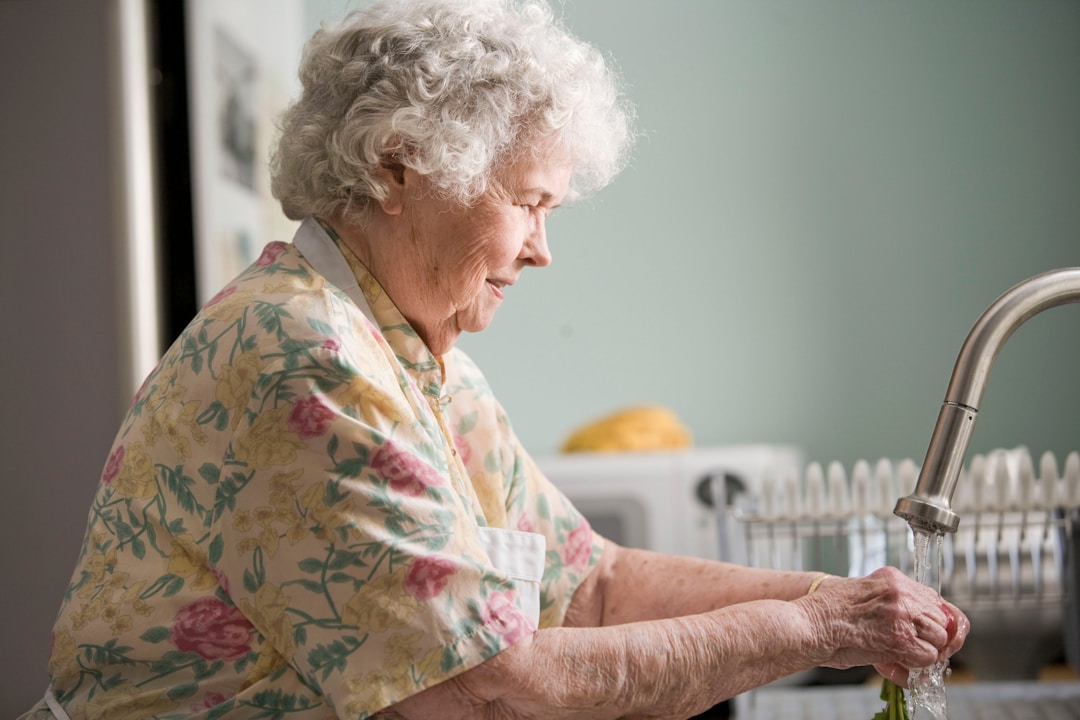For many people, growing older can feel overwhelming. However, as our bodies age and we start to slow down, we must have peace of mind knowing that we’ll be comfortable in our advanced years. This is true whether older adults age in place or end up moving into an assisted care facility. It also impacts your family members.
When you have elderly individuals in your family, you must provide them with appropriate care and support. No matter your unique living arrangements or your economic background, you must be aware of crucial resources, care services, and outreach programs that can empower older adults and their loved ones. Here’s what you need to know about caring for the elderly individuals in your family.
1. Memory care facilities can address specific quality-of-life needs.

Quality-of-life consistency is a core component for memory care services. There are care plans and facilities throughout the memory care community that empower individuals who experience cognitive impairment or memory impairment. Different memory care facilities also provide different levels of care. For example, some memory care facilities may connect patients and family members with long-term memory care services. Other facilities may recommend an assisted living facility or inpatient care facility.
When older people who cope with chronic conditions and memory care concerns work with the appropriate facilities, it can bring them comfort and promote healthy living. From long-term care facilities to home-visit services that assist with the activities of daily living, different levels of memory care address other behaviors, daily activities, and overall health needs.
Of course, since memory care can vary so greatly, so too can prices. To ensure patient wellness, you must review any long-term care insurance or Medicaid documents to determine whether or not you qualify for specific memory care units or home care services. Memory care facilities can also inform you of alternative financing opportunities and work with older adults to establish payment plans.
2. Age-in-place consultants can help older adults stay at home.
For many older adults, the idea of living in a care facility can feel frightening. After all, if you’re accustomed to a specific living arrangement or caregiver situation, it can take time to adjust. Though care facilities are necessary resources for some individuals and adults with advanced memory care concerns, consultancy programs can help aging individuals stay at home.
For many older people, age-in-place consultants will make long-term care recommendations that address individual needs. For example, these home care consultants will first review a person’s living quarters to determine whether or not it’s a safe environment. Next, they’ll check the unit’s amenities, how easily people can access the exits, and whether the location encourages residents to pursue hobbies and make new friends. Consultants can also make accessibility recommendations that consider any cognitive impairments or chronic conditions that impact motor functions or mobility.
All of this combined can create a more supportive environment for healthy adults and those experiencing health problems as they age. In addition, age-in-place consultants address the real needs of people as they age and provide alternative solutions to long-term care facilities.
3. Use a healthy living program.

One of the best ways to get consistent social interaction, exercise on a regular basis, and learn more about what a healthy lifestyle looks like for an aging body is to sign up for a healthy living program for older adults. These healthy living program offerings cover diverse topics such as nutrition education, managing health conditions, and everyday wellness concerns for older individuals like hypertension, heart disease, and other conditions.
When looking for a healthy living program, you can also seek out free resources, especially if you find that local services and memberships are too expensive. For example, suppose you’re trying to adhere to COVID-19 safety measures closely. In that case, there are even digital services and healthy living programs that make it easier for older adults, family caregivers, and friends to learn about healthy living topics and track personal programs.
Once you’ve found a healthy living program that works, try and make it into a routine. Many older adults thrive on a well-established practice, and it can make some of the concerns of growing older a bit less pressing. Try participating in the program with your loved ones or turning it into a family challenge to promote even further engagement. These tips can make a wellness program or healthy living course seem less isolating or ostracizing and even help bring your family closer together. It’s a great way to support one another.
4. It takes patience and compassion.
Whether you’re caring for someone who has memory care concerns or you’re helping an older adult age in place, you should never forget to be patient and kind when you’re working with someone aging. Getting older can feel like a lot of pressure. But, with your help, the elderly members of your family can feel seen, heard, and understood.


